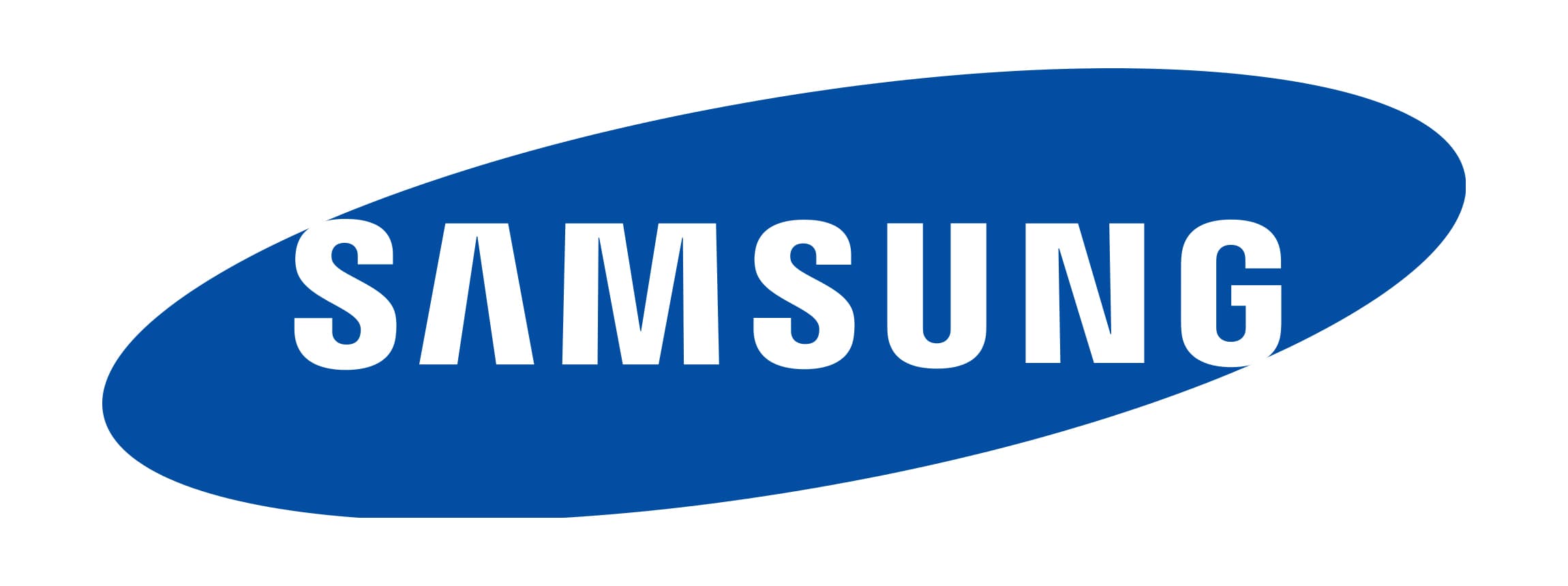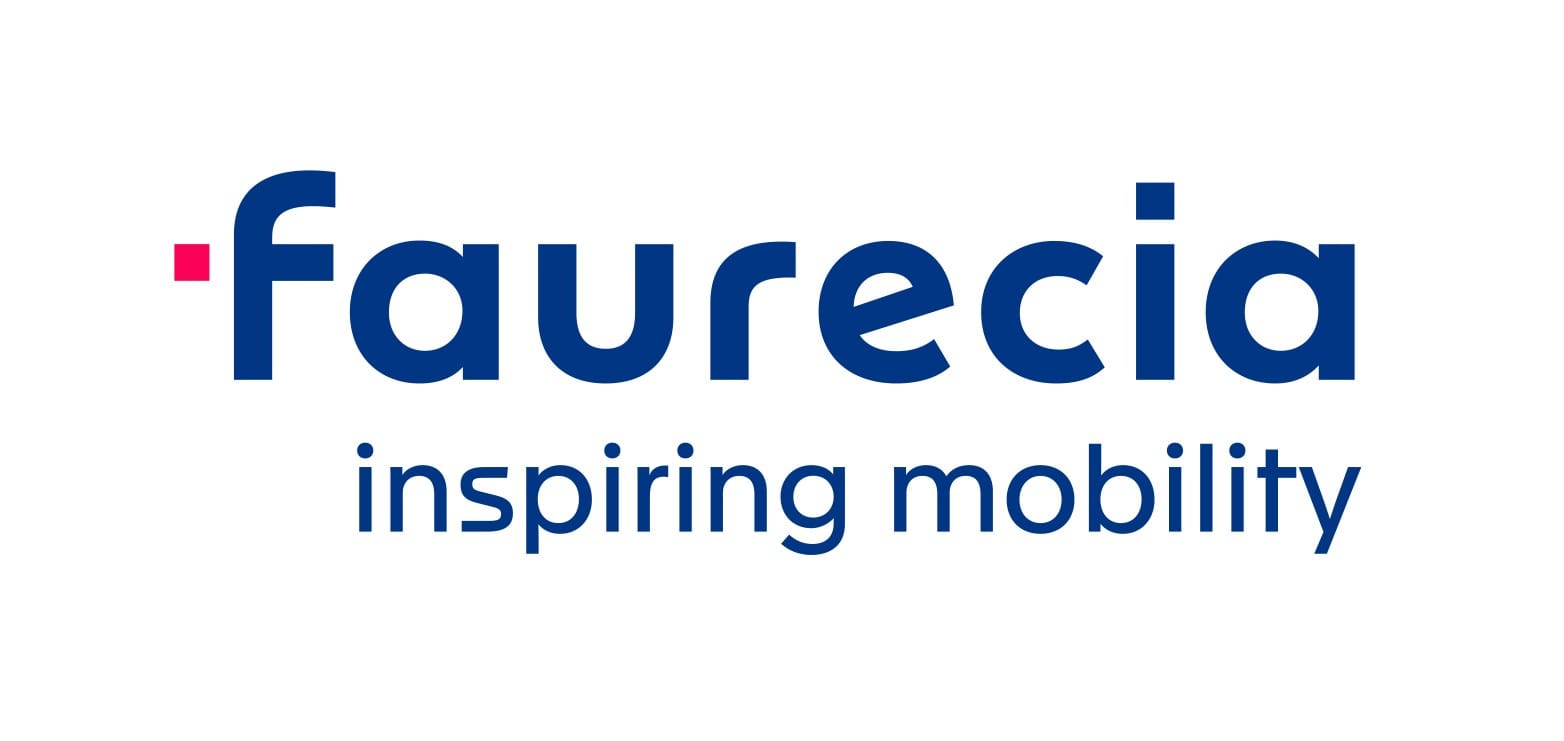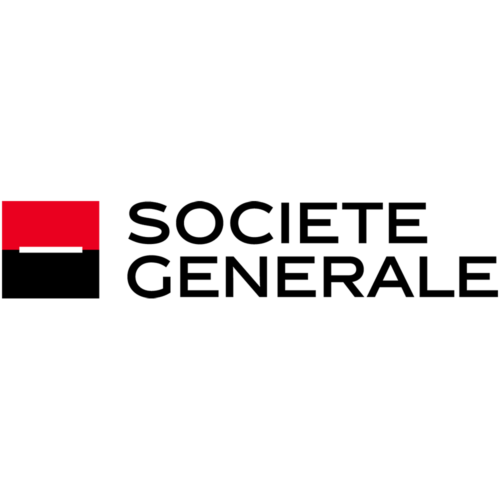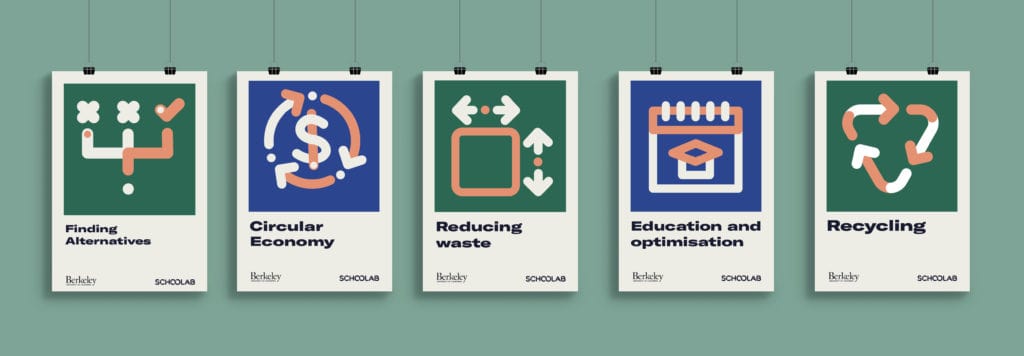
How are organizations reducing the impact of plastic on the environment?
The case of Samsung IoT: Optimizing waste management using loT
Optimizing waste management using the IoT
A large aspect of the issue of plastic polluting our environment could be addressed by re-evaluating and innovating existing production systems. These systems range from recycling, upcycling, product labeling, and material manufacturing. It is this mindset that resulted in Samsung Strategy and Innovation Center to partner with the Deplastify the Planet program to bring in a fresh, new perspective to some of their current systems. Similar to the previous semester’s partnership with Nestle, students sought to rethink Samsung’s products to tackle the plastic crisis by leveraging the Internet of Things.
First, Samsung took on the challenge of evaluating and understanding post-consumer habits to know why people buy and dispose of products the way they do. The proper sorting of waste results in a diversion away from landfills and the ocean; however, this is only successful by an individual’s decision. If everyone properly separated their disposals, the process would be more successful and efficient. Unfortunately, the Berkeley team discovered that this is easier said than done with there being several problems surrounding this system.
To begin with, understanding what is actually disposable versus recyclable is complex and varies depending on a country’s recycling abilities. This results in a confusing and time consuming sorting process-the opposite of user-friendly. Secondly, most consumers do not understand the way recycling actually works or even the impact their efforts and actions have, so many do not invest the time needed in order to learn and act accordingly.
Lastly, the team concluded that individual incentives are not a big enough incentive to nudge people towards the correct actions. With these problems in mind, the students got to work on a faster, more effective way to change consumer habits and recycle properly.
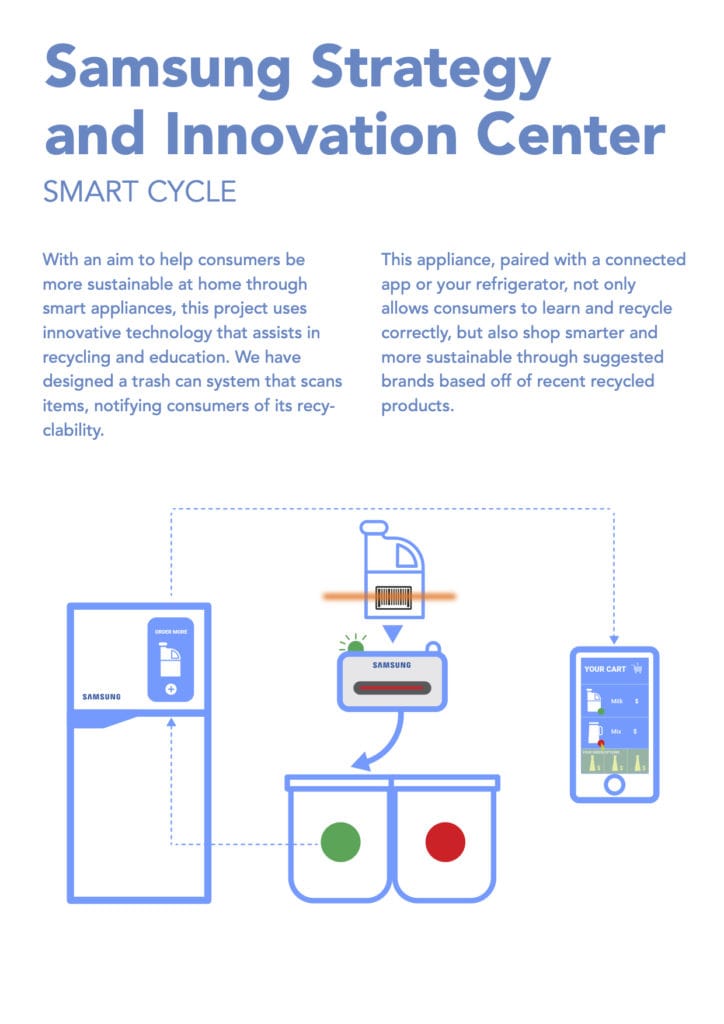
Instead of trying to find a solution for each individual problem, the team looked to find one, multifaceted solution that would address all the reasons consumers have trouble recycling.They condensed their findings and found the ultimate solution: a connected bin system with an attached sensor that helps the user properly sort their waste, further leveraging the data collected by the sensor offering more incentives to the consumer through other appliances. All that needs to be done is hold a product to the scanner, and it will tell you what bin that item belongs in. The dispenser would then utilize that data to provide further sustainable incentives like suggestions for more environmental products rather than the current disposable choices.
This solution offers a creative way to use technology in order to assist people in sorting their plastic waste, all while educating them about the products they are using and finding ways to help them live a more sustainable lifestyle. Samsung can then explore the value of your post-consumer data by creating statistics as well as, estimating and monitoring the impact that proper, vigilant sorting can have. This product is a step towards increasing that recycling rate while giving consumers a better understanding of what they buy, and how their actions affect the planet.
By working with Berkeley students on an existing system, Samsung gains a deeper understanding of consumers and the problems within our current waste management process while being able to take part in the solution. With this new innovative idea in mind, as well as a plethora of others proposed by the students, Samsung gained an entirely new repertoire of ways to affect change through the individual.
Bringing students into this mix meant partnering with the next generation to imagine and design a better equipped, less plastic polluted future. Samsung is taking these student-generated ideas back in hopes to change perspectives and inspire new ways to help individuals through technology so that together, we can make a change.
Author: Veronica Cargay, Deplastify the Planet Class coordinator, UC Berkeley – with contribution from Alpin Yukseloglu, UC Berkeley.

